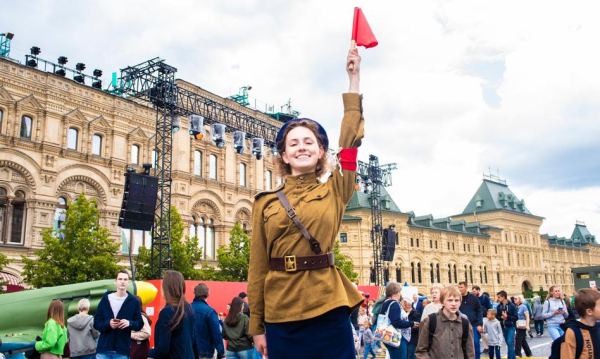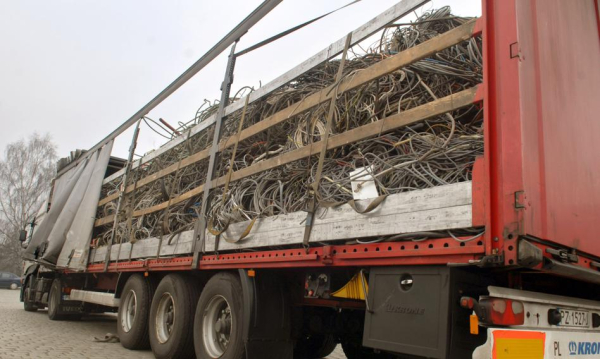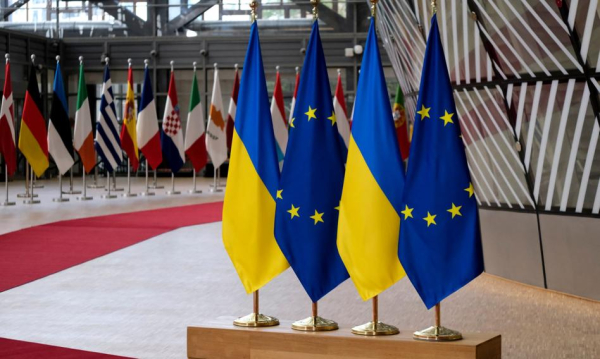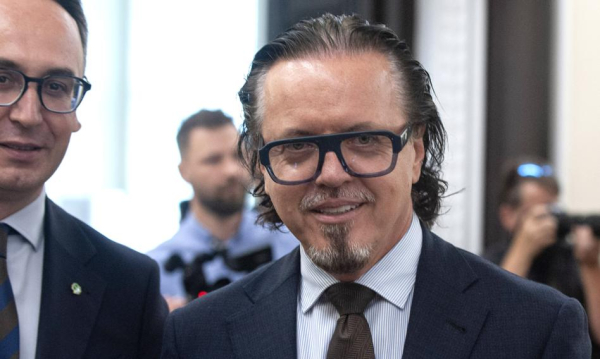The war economy has created a new “middle class” in Russia, giving it a sharp rise in income, higher social status, and increased benefits. This new middle class fears the end of the war, reported the British newspaper The Telegraph.

Workers employed in the production of military equipment are earning several times more than before the invasion of Ukraine. Many arms factories have switched to a three-shift system, the newspaper emphasized. In Volgograd, men are offered up to 8 million rubles (approximately 364,000 PLN) for their first year of military service – more than ten times the average annual salary in the region. This is also complemented by contract signing bonuses, childcare subsidies, priority places in preschools and universities, preferential mortgages, and tax breaks. Families of fallen soldiers receive compensation of up to 11 million rubles.
“These are residents of crisis-hit regions, often without higher education. But now their jobs are in demand. They receive higher salaries, accumulate savings, and enjoy greater respect, ” said Yekaterina Kurbangaleyeva of George Washington University.
The Russian statistical service reported that between 2021 and 2024, wages in the arms industry increased by 78%, while doctors' incomes rose by 40% and oil industry workers by 48%.
Economist Vladislav Inozemtsev predicts that the end of the war could lead to a social catastrophe. “These people are not accustomed to saving. They'll spend their money in a year or two and return to their previous standard of living. Military service doesn't change social behavior,” he stated. He believes the return of hundreds of thousands of former soldiers could lead to large-scale destabilization , as in Germany in the 1920s, when disillusioned veterans became the social base of the Nazi movement.

The Russians are now behind the scenes, refusing to end the war, the newspaper claims. Defense workers, entrepreneurs who have bought up assets of Western companies, and security officials may all fear losing their positions in a demobilized economy. “These groups are not interested in returning to a life of peace. The beneficiaries of the current situation feel more secure as long as the war continues. For them, peace means the threat of change, which they fear,” Kurbangaleyeva says. (PAP)
os/ kar/






